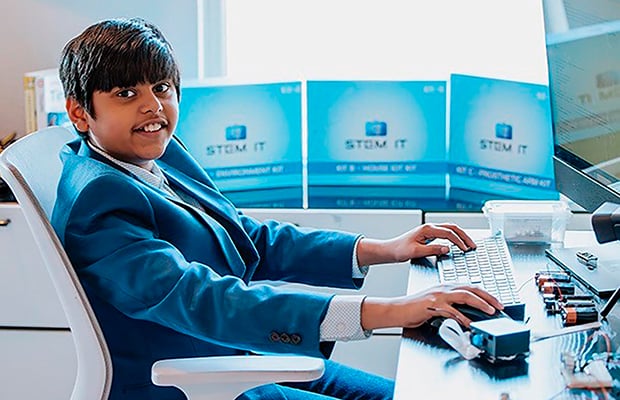Physical disabilities have never stopped the resilient from pursuing their passion for sports. And wrestlers are not to be left behind. The Doglegs wrestling group founded in Japan gives the disabled an opportunity to fight, although it has been called a ‘freak show’ by some critics.
Unlike other sports for the disabled, Doglegs seems more oriented towards the entertainment value provided to audiences, rather than an actual skill or sportsmanship. Co-founder Yukinori Kitajima says that anyone can become a wrestler, provided they interest the spectators. For this, a special individuality is required out of each of them. ET, for instance, one of the popular wrestlers of the group, makes a scary face, which is his special attack. He suffers from cerebral palsy. The names adopted by the members of Doglegs are just as entertaining as their antics. Hard Rock, No Sympathy and Welfare Power are just a few of the wrestler’s names. No Sympathy, perhaps being the most apt of them all, since the fights are brutally real. It’s quite common that the wrestlers suffer injuries, spilling blood, splitting their eye, and more.

Kitajima says that he got the idea for Doglegs when he witnessed two disabled men fight each other over a girl. He thought the idea had a tremendous selling potential, and he was right. It is interesting to note that not all the fighters in the group are disabled. Sometimes, non-disabled wreslters fight against the disabled ones. The former matches the disability of the latter. For instance, a non-disabled wrestler may bind his legs to fight someone with no legs. Kitajima himself wrestles with disabled who aspire to join the group. The ones who are in, have no regrets. Makoto Tsuruzono, who uses a wheel chair and works as an office administrator the rest of the week, looks forward to his wrestling matches. He says he loves being the center of attention. He admits to having had a few black eyes, but he brushes it off, saying that he’s tough.

Most of the disabled wrestlers refuse to be patronized. They see it as something they have the right to do, if they enjoy it. Tsuruzono says, “If somebody told me I shouldn’t do this, I’d just say: Why? What’s wrong with having fun doing what you want to?”
Sources: Able Magazine, AFP






